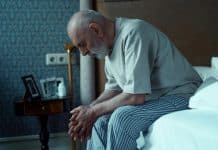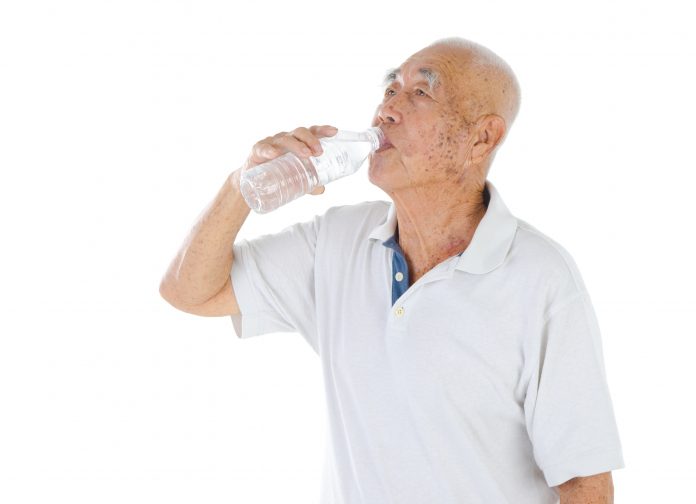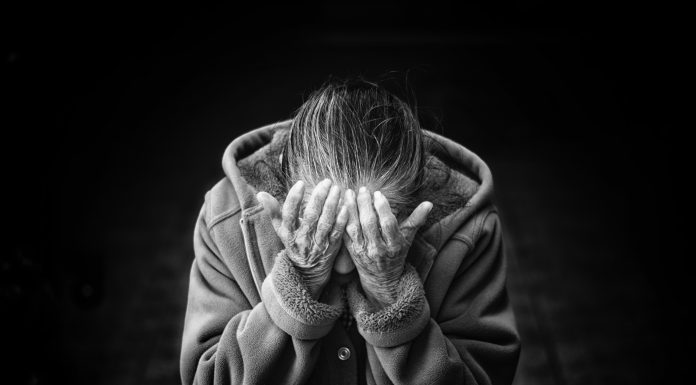Dehydration can occur quite easily in seniors and is not always immediately noticeable. Preventing senior dehydration and treating it can be managed with some simple steps.
What are the signs of senior dehydration?
- Dizziness and weakness
- Low blood pressure and an increased heart rate
- Urinating less frequently and dark colored urine
Though these are the most common signs of dehydration, the elderly can still be dehydrated without them. It is important that you also watch for any sign of confusion which is commons in seniors whose fluid intake is low. The ability to think clearly lessens as the kidneys work harder and at times this confusion can be mistaken for dementia.
Treatment for dehydration can be started by gradually increasing fluids. Anything with electrolytes is best such as sport drinks or juice which will add missing vitamins and sugars to the body. If dehydration is more severe it should be treated in the emergency room with intravenous fluids.
Be aware of these things to prevent senior dehydration:
- Avoiding alcohol as it is a diuretic
- Cutting down on caffeine which also works as a mild diuretic
- Increasing their water consumption and consume fluids throughout the day
- Drink more fluids during hot or humid weather
An easy way to up your fluid intake is to stick to a regular schedule, ensuring that your body stays hydrated by drinking water or consuming a sports drink or soup every hour or half hour. There are also many vegetables that contain water which also count towards your fluid intake.
For the full article, see Q&A: How to Prevent, Detect, & Treat Dehydration in Aging Adults
This article is intended for informational purposes only. If you have any questions or are considering any recommendations, please consult your health practitioner.

























